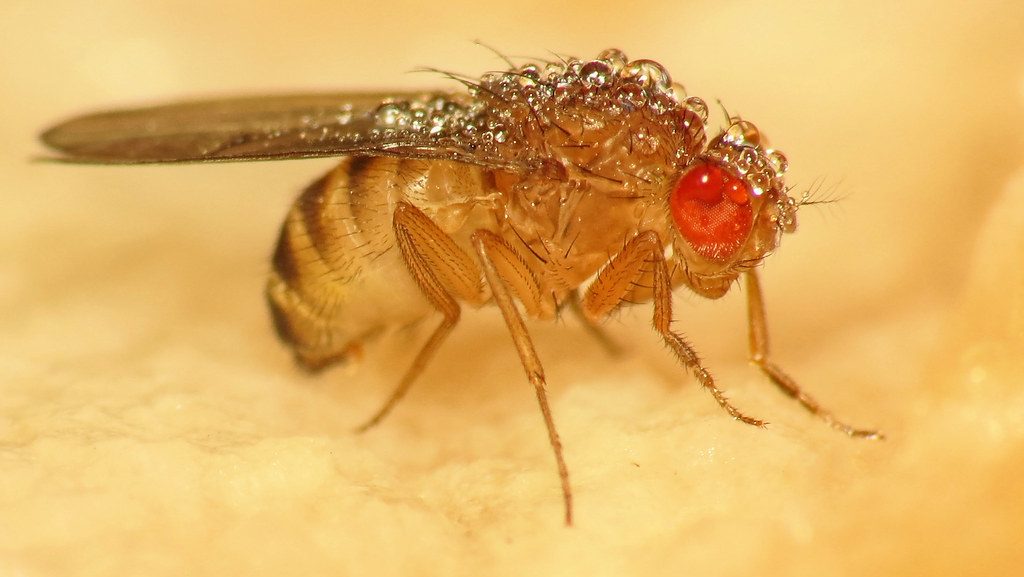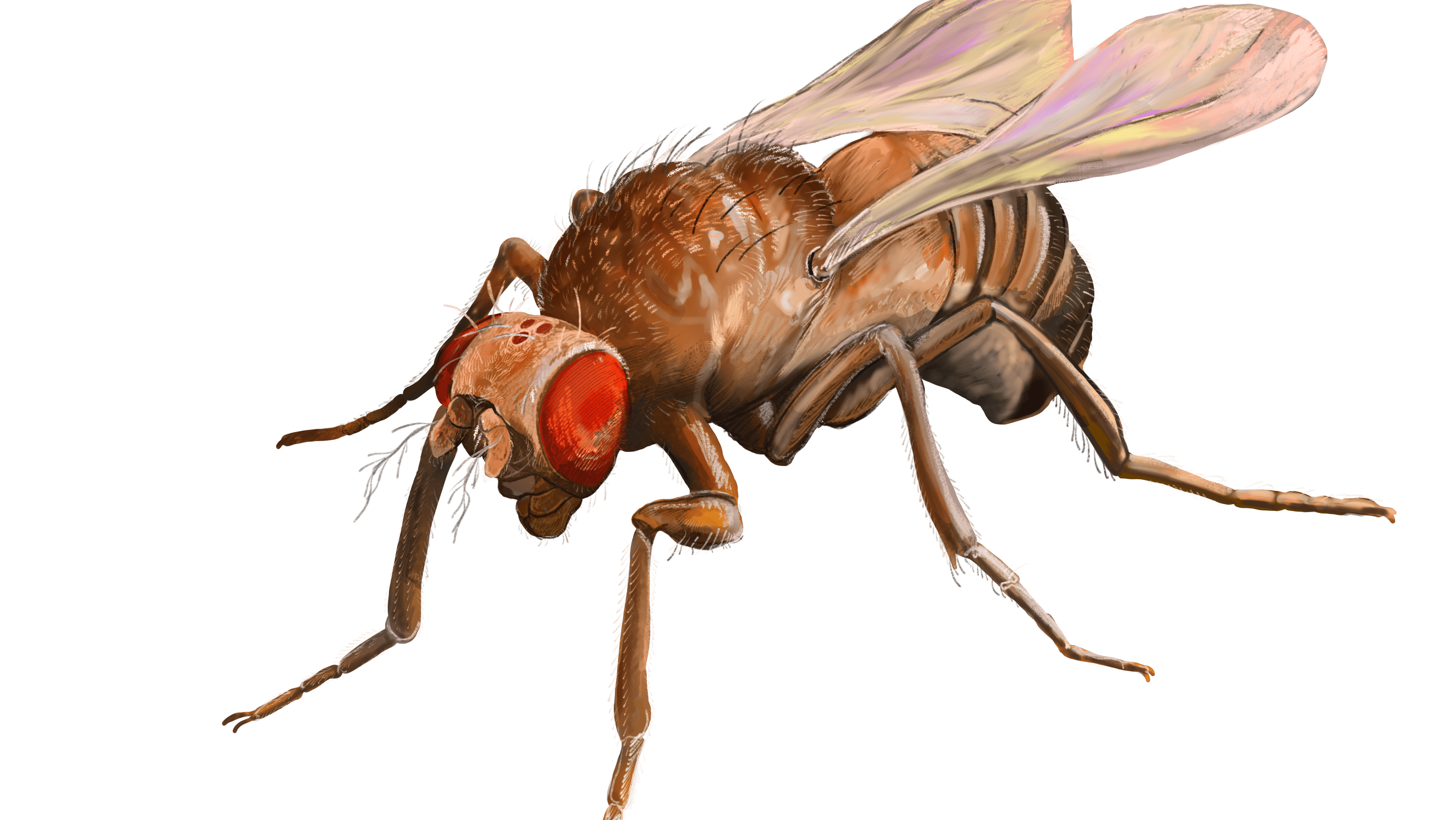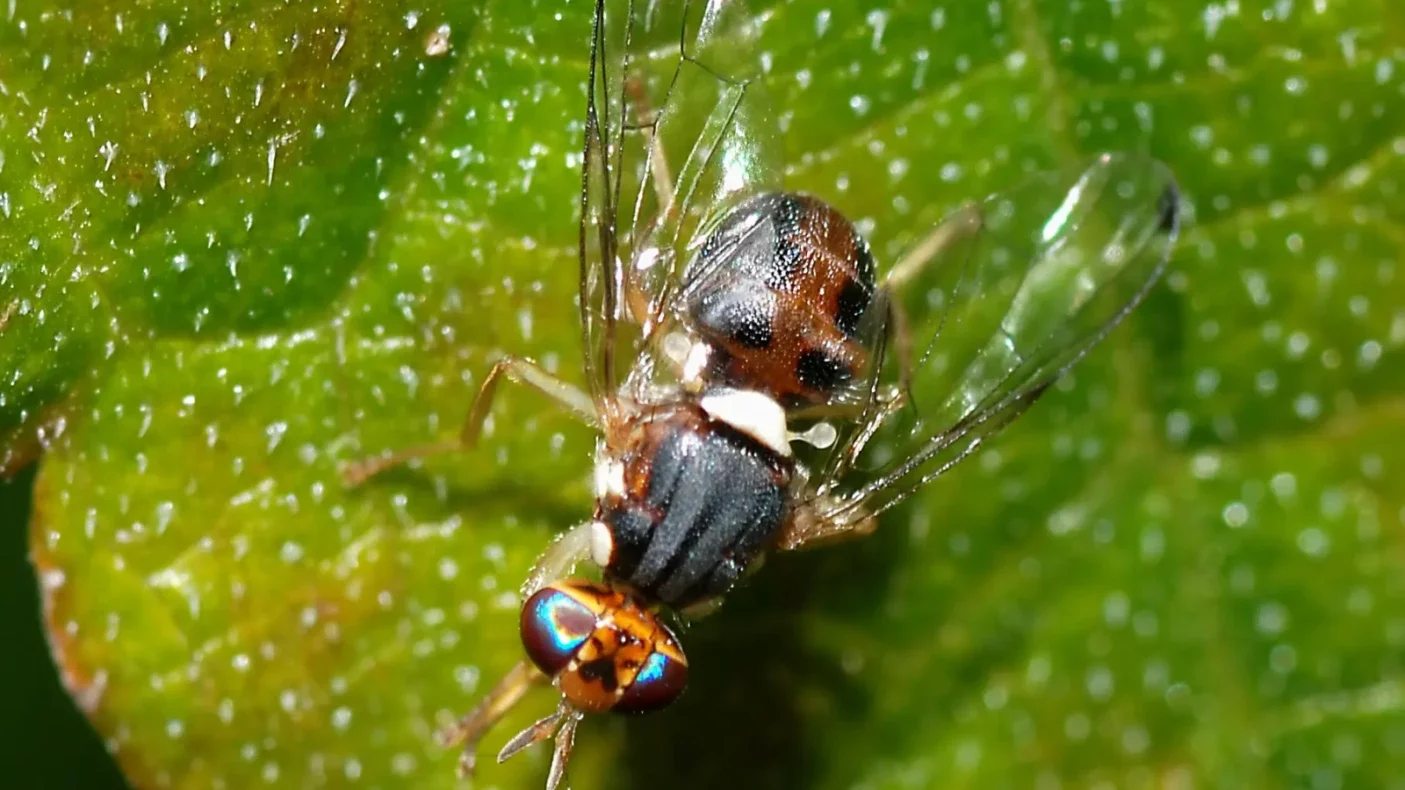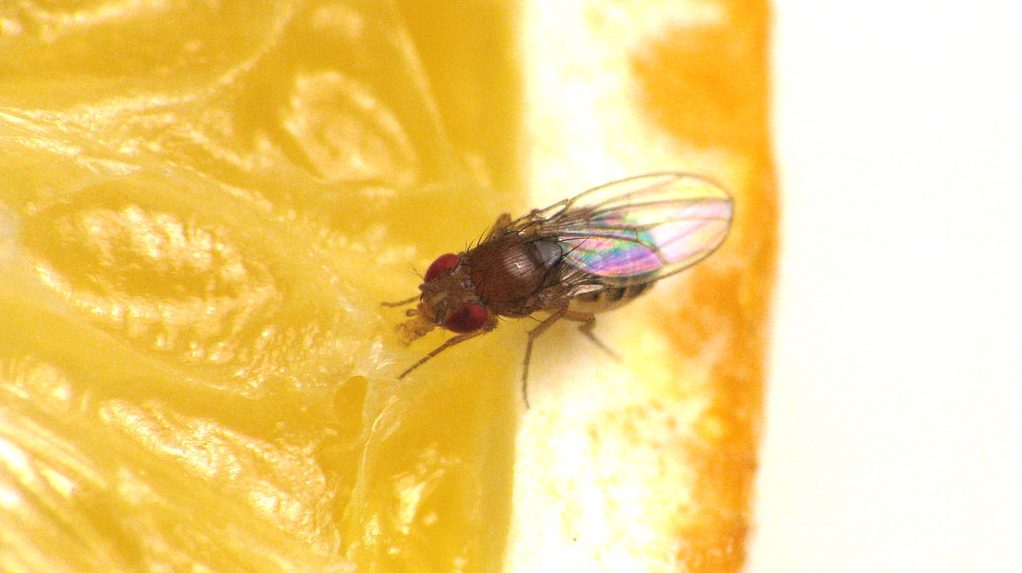Key Takeaways
- Fruit flies are attracted to fermenting foods and moisture.
- They reproduce rapidly, laying up to 500 eggs in a short time.
- Dirty dishes, trash bins, and drains create breeding spots.
- DIY traps and deep cleaning can eliminate infestations.
- Sealing entry points helps prevent future fruit fly problems.
 Fruit flies are tiny, fast-breeding pests that seem to appear out of nowhere, especially in kitchens and pantries. They are a common household nuisance, often seen hovering around ripened fruit, sugary spills, and trash cans. But what exactly attracts fruit flies, and how can you prevent them from taking over your home? This guide will break down everything you need to know about what fruit flies are attracted to and how to eliminate them effectively.
Fruit flies are tiny, fast-breeding pests that seem to appear out of nowhere, especially in kitchens and pantries. They are a common household nuisance, often seen hovering around ripened fruit, sugary spills, and trash cans. But what exactly attracts fruit flies, and how can you prevent them from taking over your home? This guide will break down everything you need to know about what fruit flies are attracted to and how to eliminate them effectively.
What Are Fruit Flies?
Fruit flies (Drosophila melanogaster), also known as vinegar flies, are small insects with red eyes and tan or brown bodies. They are primarily drawn to fermenting fruits and vegetables but will also feed and breed in moist, organic matter. These pests reproduce quickly, with a single female laying up to 500 eggs in a very short lifespan. In ideal conditions (warmth and humidity), fruit flies go from egg to adult in about a week, leading to rapid infestations.

Not getting a solution?
Get your free pest control estimate today!What Attracts Fruit Flies?
Fruit flies rely on their sense of smell to find food and breeding spots. They are attracted to fermenting, sugary, and moist organic matter. Here are the main things that lure them into your home:What Attracts Fruit Flies?
-
Overripe or Rotting Fruits & Vegetables: Fruit flies are naturally drawn to fermenting fruits and vegetables, which serve as both a food source and a place to lay eggs. Even small bits of fruit stuck to a cutting board or in the sink can become a breeding site.
-
Fermenting Liquids (Beer, Wine, Vinegar, and Soda): Fruit flies are attracted to alcoholic and sugary beverages due to the fermentation process that releases carbon dioxide and yeast smells.
-
Dirty Dishes & Leftover Food Scraps: Even tiny crumbs or residue on plates, cutting boards, and countertops can attract fruit flies.
-
Garbage, Compost, and Recycling Bins: Trash bins, compost piles, and recycling containers can quickly become breeding grounds for fruit flies if not properly maintained.
-
Sink Drains & Garbage Disposals: Kitchen sinks and garbage disposals collect food particles and moisture, making them an ideal breeding spot for fruit flies.
-
Damp Mops, Sponges, and Dish Rags: Fruit flies love damp, bacteria-filled cleaning tools, such as forgotten wet mops or musty sponges.
-
Forgotten or Hidden Food Sources: A lost piece of fruit under the fridge, spilt pet food, or open snack packages can attract fruit flies.
How to Prevent & Eliminate Fruit Flies

Remove Food Sources Attractants
-
Keep your fruits and vegetables in the fridge or sealed containers.
-
Take out the trash and compost regularly.
-
Rinse out bottles and cans before recycling.
Daily Cleaning Tips
-
Wipe up all spills immediately, especially sugary liquids.
-
Wash dishes and sweep floors daily.
-
Scrub drains weekly with vinegar or boiling water.
Prevent Infestation Spots
-
Dry out sponges, dish rags, and mops after use.
-
Seal all garbage cans and compost bins.
-
Empty and clean pet food dishes daily.
Homemade Fruit Fly Traps
-
Apple Cider Vinegar Trap: Pour apple cider vinegar into a bowl, add a drop of dish soap (to break surface tension), and cover with plastic wrap poked with small holes. Fruit flies enter and drown.
-
Red Wine Trap: Leave a small amount of red wine in a glass. Cover with plastic wrap or leave open. Fruit flies will be drawn to the fermentation.
-
Rotten Banana Trap: Place an overripe banana slice in a jar. Cover with plastic wrap and poke holes. The flies will crawl in and get stuck.
Prevent Fruit Fly Entry
-
Install window and door screens to keep fruit flies out.
-
Close gaps around doors and windows.
-
Use weather stripping to prevent entry.
 If you feel things have gone out of control, it is advised to contact pest control professionals. Our team can provide a customized approach to protect your home effectively.
Visit our Species, Control, and Flies DIY Guide sections for additional resources on wasps and ways to tackle a wasp infestation.
Prevention techniques might not be enough if you’re already dealing with an infestation in your home. Our pest control professionals provide a customized solution to protect your home effectively.
If you feel things have gone out of control, it is advised to contact pest control professionals. Our team can provide a customized approach to protect your home effectively.
Visit our Species, Control, and Flies DIY Guide sections for additional resources on wasps and ways to tackle a wasp infestation.
Prevention techniques might not be enough if you’re already dealing with an infestation in your home. Our pest control professionals provide a customized solution to protect your home effectively.





